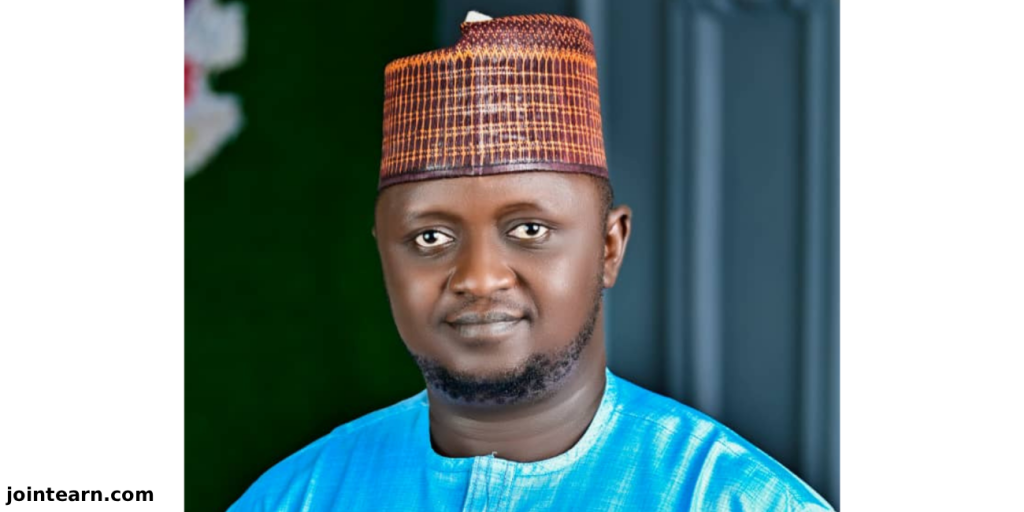
The Middle Belt Forum (MBF) has firmly rejected any attempt to subsume Middle Belt ethnic nationalities under a unified “One North” structure alongside the Hausa, Fulani, and Kanuri. The group issued the warning as renewed debates around regionalism gain traction amid Nigeria’s unresolved national question.
Speaking at Ankpa in Kogi State during the National Prayer Congress of the Kogi East Christian Elders Forum, MBF President Dr. Bitrus Pogu stated that while Middle Belt states are not opposed to regionalism, they will not accept being grouped with the dominant northern ethnic blocs as was the case at independence.
Delivering a paper titled “Politics in the Middle Belt: The Way Forward,” Pogu said the Middle Belt must be recognised as its own distinct region, divided into Western Middle Belt and Eastern Middle Belt, if regionalism is to be workable.
He recalled that the 2014 National Conference under former President Goodluck Jonathan had made similar recommendations for two Middle Belt geopolitical zones. However, the report, he said, was “treated with supreme scorn” by former President Muhammadu Buhari.
Pogu criticised the British colonial redefinition of Middle Belt geography, which he said unfairly ceded political dominance and territorial claims in the entire North to the Muslim Hausa, Fulani, and Kanuri. Middle Belt ethnic nationalities, he argued, have been the only Nigerians subjected to a distorted interpretation of colonial ethnography.
“Even in their own ancestral lands, the Christian–Muslim minorities in the Middle Belt are at best second-class citizens,” he lamented.
He warned that imposing the will of dominant groups only deepens crises and instability. According to him, the North’s response to Middle Belt agitation has manifested in the form of widespread violence by Fulani militias, often disguised by officials as herder–farmer clashes.
“Since at least 2014, Fulani militias have traversed communities across Taraba, Benue, Plateau, Nasarawa, Kaduna, Niger, and Kogi, unleashing blood, tears, and sorrow,” Pogu said.
Addressing the rise of regional socio-cultural groups such as Afenifere, Ohanaeze, PANDEF, and the MBF itself, he explained that these organisations emerged as direct responses to Nigeria’s national question. He accused the Arewa Consultative Forum (ACF) of ignoring the existence of the MBF, the successor of the First Republic’s United Middle Belt Congress (UMBC), while advancing the interests of the Fulani and Kanuri “Sultanate” as perpetual northern overlords.
Pogu revealed that the MBF has scheduled a major stakeholders’ conference from December 9 to 11, where representatives from all 15 Middle Belt states will review available political options and adopt a unified position.
He cautioned that the political class in the North has been unusually silent, suggesting that “the establishment is cooking up some brew.”
“Nigeria will be walking into a trap if it thinks the North does not have an agenda which it is not sharing at the moment,” he warned.
Pogu concluded that the Middle Belt’s failure to act cohesively since 2015 has contributed significantly to the insecurity that has devastated the region.


Leave a Reply